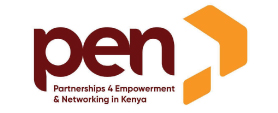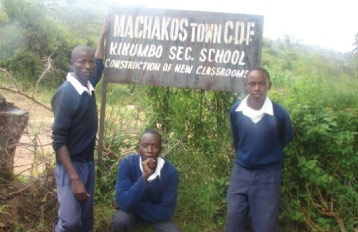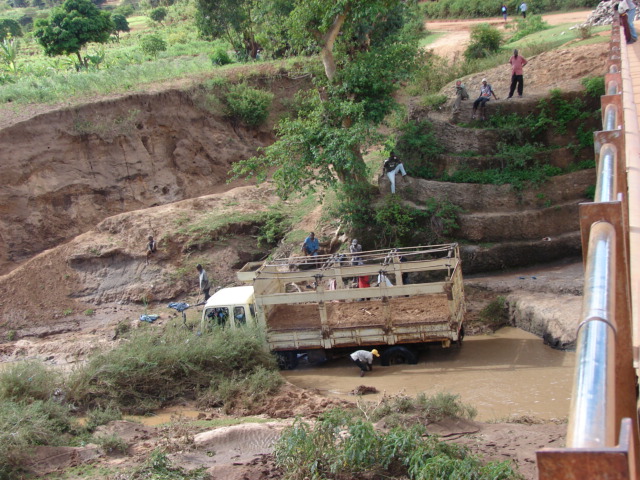Background
Kenyan Civil Society is vibrant and dynamic with many thousands of organizations representing every conceivable aspect of human, economic, socio-cultural and national development. Kenyan’s are engaged in developing their own society and their potential to contribute to national development is great. At last count more that 300,000 CSOs were in existence, most of these at the community and local level, together with a large number of national and international trusts, nonprofit companies, faith based organizations and the familiar NGOs. The influential role of Kenya’s civil society has been widely recognized in making a significant contribution to the peaceful transformation from one-man rule to multi-party rule in Kenya in 2002. However, the full potential of CS and people’s power has been realized.
Problem Statement
The legal environment within which CSOs are registered and governed in Kenya is a complex maze of competing and often contradictory and inadequate legislation. The 1990 NGO Coordination Act which was originally intended to streamline registration only confused the situation further. In 2006 parliament passed the first policy paper on civil society which was supposedly informed by CSO participation and was intended to provide a platform for new legislation that would harmonize registration and charitable status. Since then CS has complained that its views were not fully reflected in the policy paper and engagement in drafting a new revised NGO Coordination Act has stalled.
The Way Forward
For all its flaws the new policy paper does recognize the importance of civil society to national development and confirms their significance by setting down key principles of government and civil society partnership. There is also a clearly stated intent to harmonize the legislative environment for CSOs and NGOs.
Repeated attempts by the NGO Board to begin a collaborative process of reviewing current legislation with CSOs largely failed because of dysfunctionality and political posturing by the various NGO Council leaderships. PEN therefore offered to provide a secretariat role in galvanizing CSO engagement in this process.
Towards this end, PEN has been working with various CSO networks, with the NGO Coordination Board, the Charity Commission of England and Wales, and the International Centre for Not-for-Profit Law (ICNL) to help ensure the review process is both consultative and inclusive and built upon best international practice.
In September 2009, PEN convened a national CSO leader’s conference with its partners, the first of a series of nationwide consultative meetings with civil society leaders to input into the review. This meeting essentially agreed on the consultation process to be followed, subject to availability of funds. Once funds are secured CSO dialogue will commence on the proposed content of the revised Act. At this time the NGO Coordination Board is apprised of the situation and is waiting to engage civil society with its drafting team.
Future Scenario
A verbal commitment to funding this initiative had just been received by PEN and the consultation process will be re-launched in Nairobi on Tuesday 16th February. Watch this space for more updates and the opportunity to make your inputs into the revised NGO Act.
Pen remains optimistic that the new NGO Act will address the current needs and challenges facing NGOs in Kenya, leading to an improved and enabling regulatory environment so that CSOs can thrive and play their full role in nation building.





